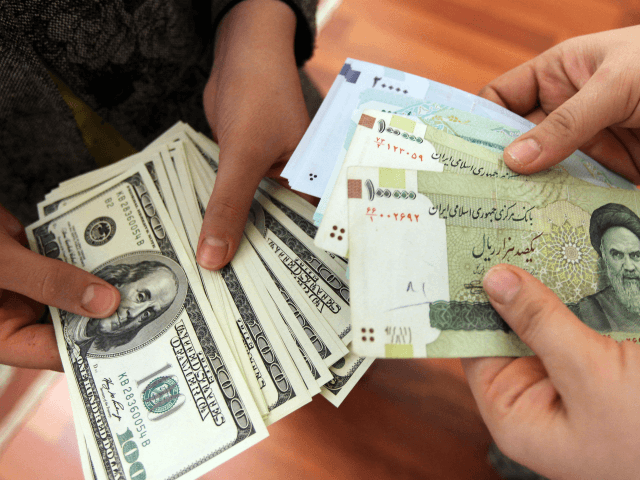The Secretary of Iran’s Supreme Council of Cyberspace, Abolhassan Firouzabadi, announced that the Islamic Republic would be bringing digital, or crypto, currency to the country in the near future regulated by the government.
Iranian officials claimed Sunday they aspire to create a currency similar to Bitcoin.
“Decisions are pointing toward the launch of an official digital currency in Iran,” Firouzabadi reportedly said during the ELECOMP 2018 exhibition in Tehran, according to Iran’s state-run Mehr News agency.
ELECOMP is described as “the greatest commercial event in Iran’s Market of Electronics and Computer Products and services.”
Firouzabai added that the decision to introduce digital currency was made during a session of the Supreme Council of Cyberspace the night before, but noted that “no decision has yet been made about which digital currency should be made official in Iran.”
The digital currency announcement was made on the heels of Iran’s currency, the rial, plunging to a second record low, dropping past 100,000 rials to the U.S. dollar on Sunday
According to Reuters, “On Sunday, the Iranian rial plunged to 111,500 against one U.S. dollar on the unofficial market, down from about 97,500 rials on Saturday, according to foreign exchange website Bonbast.com. Other websites said the dollar was exchanged between 108,500 and 116,000 rials.”
Iran hopes the cryptocurrency will help the nation escape from the reimposition of economic sanctions from the United States. The first wave of U.S.-imposed sanctions is set to hit Iran on August 7. Oil-related sanctions are set to hit the country on November 7.
The socialist government of Venezuela, which maintains close ties to Iran, recently attempted a similar plan to implement a digital currency. Venezuelan dictator Nicolás Maduro launched the “petro” this year, allegedly backed by Venezuela’s oil reserves.
In February, Maduro claimed to have raised $735 million for the pre-sale of the petro, which he has not properly been able to prove. Venezuelan crypto analyst Alejandro Machado reportedly said of the currency: “You can register with a fake name and passport and say you’re going to buy a gazillion PTR. That’s what was launched. There’s no way to actually buy the damn thing or set up a petro wallet.”
Since Iran is an Islamic republic, the country operates on a Sharia-compliant banking system.
In April, Muhammed Abu Baker, the Head of Shariah Compliance for Blossom Finance who serves as a Muslim religious advisor, announced that Bitcoin is compliant and “generally permissible” with Shariah law.
According to Blossom:
Rulings by Islamic scholars that claim Bitcoin is not permissible because it is subject to fluctuation and/or has the potential for use in illegal activities are not valid reasons under Shariah, since these factors are external to Bitcoin: the price of bitcoin is subject to supply and demand, just like commodities and fiat currencies, and the use of any lawful thing for an unlawful purpose cannot not make the thing itself unlawful.
Mehr News reported that last week, Alireza Daliri, the Directorate’s deputy for management and investment affairs, said the introduction of a digital currency for Iran would help the nation dodge the reimposition of economic sanctions by the United States. The first series of sanctions are slated to hit Iran on August 7.
“We are trying to prepare the grounds to use a domestic digital currency in the country,” Daliri said last week. He reportedly added, “this currency would facilitate the transfer of money (to and from) anywhere in the world. Besides, it can help us at the time of sanctions.”
Adelle Nazarian is a politics and national security reporter for Breitbart News. Follow her on Facebook and Twitter.

COMMENTS
Please let us know if you're having issues with commenting.